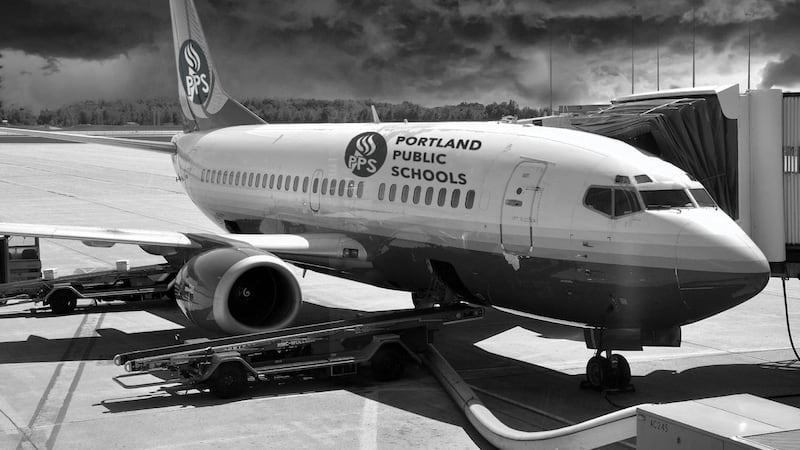Next week, the Portland School Board will consider taking a scalpel to one of the district's most popular programs. On the board's Feb. 26 agenda: whether to dramatically reduce overseas trips for students in dual language immersion programs.
The decision reveals long-simmering tensions at many schools with dual language programs over the extra resources such programs receive.
The proposed changes also touch on the district's biggest issue: equity. The board has committed itself to judging every dollar Portland Public Schools spends by whether it helps narrow the opportunity and achievement gaps that separate the district's middle-class white students from lower-performing poor and minority students.
PPS has expanded its dual language programs in recent years, reasoning they are the best way for kids who come to school without any knowledge of English to learn the language, while also providing English speakers a chance to learn a foreign language.
In theory, such programs promote equity. But in practice, some of the dual language programs serve a higher-income demographic and provide extra resources to already privileged kids.
"A trip abroad sponsored by PPS sends a clear message to students and their families regarding who exactly are the haves and have-nots," says longtime parent advocate Lisa Zuniga.
In the past decade, the district has come under fire for student inequities. Kids at low-income schools choose from fewer course offerings and perform worse than their peers at more affluent schools. Data show that middle-class students in Portland Public Schools have an 85 percent graduation rate, while just 70 percent of poor students graduate.
The board's marching orders for Superintendent Guadalupe Guerrero are clear: "Address and overcome this inequity and institutional racism, providing all students with the support and opportunity to succeed."
Dual language immersion programs have been a bright spot for the district for three decades. The programs, started in 1989, currently serve close to 4,000 students. Some of the programs include two-week trips—to Japan, for example, for fifth-graders at Richmond Elementary or to China for eighth-graders at Hosford Middle School—to explore those cultures and use their language skills.
The average cost per student is over $3,500. The trips are funded by an outside source, but parents are encouraged to donate to the trips and help put on fundraisers.
"The value in this program is complex and profound for all students," says Shannon Baird, whose two children went through the Mandarin Chinese program at Hosford Middle School.
Kids in the Japanese and Mandarin immersion programs tend to be more affluent than other students.
At Hosford, for instance, only 17 percent of students in the Mandarin program are eligible for free or reduced-price lunch, compared with 30 percent of the overall school population. Similarly, about 7 percent of Japanese immersion students at Mount Tabor Middle School get subsidized meals, compared with 19 percent of the school's general population. (Spanish programs show fewer disparities between students than the Mandarin and Japanese programs.)
Zuniga focuses her criticism on the indirect impact of the trips. When immersion students and their teachers are overseas, life for the students left behind is disrupted by substitute teachers.
She first voiced her frustrations about the programs to the board in 2017. Zuniga's proposals then were modest. Perhaps, she suggested, the immersion trips could be scheduled during holiday breaks.
The board held preliminary hearings in 2017 but only began to consider making concrete changes in October 2018.
Parents of immersion students opposed any changes.
One of them, Geoff Dorn, says the board is taking an easy way out, penalizing success, rather than adding resources. "It's an easier problem to lower the bar than raise the bar," he says.
Late last year, the board signaled it would trim the trips, attributing the policy change to safety concerns, as well a desire to "increase equitable access" and minimize "impacts of school-sponsored off-campus activities."
The board initially proposed to sever international travel time from 14 days to five. But after parental pressure, board member Julia Brim-Edwards proposed amendments that would still allow the trips to exceed five days. The board's vote is scheduled for Feb. 26.
Zuniga says she has been fighting an "elitist mentality" within the programs for close to 15 years now. "There's an underlying tone that their kids work harder than ours," she says. "I'm deeply offended by that."
